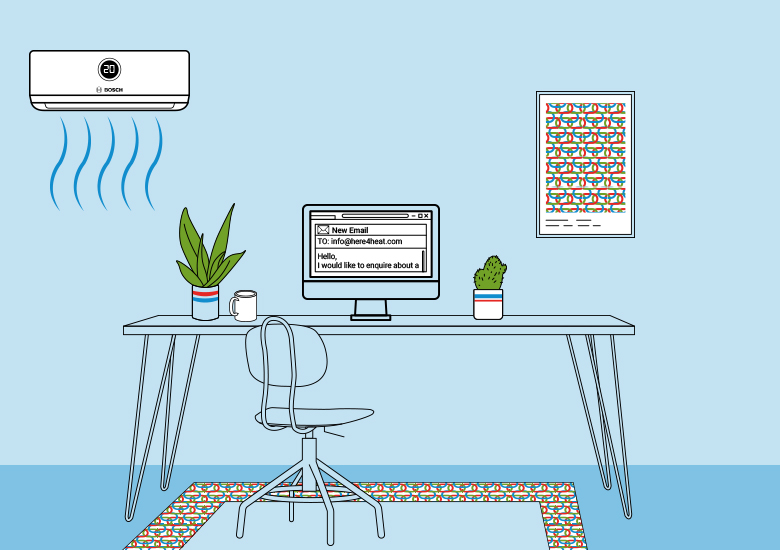
The Future of Cooling: Embracing Eco-Friendly and Energy-Efficient Air Conditioning
As global temperatures continue to rise, the demand for air conditioning has surged, becoming an essential part of modern living. However, traditional air conditioning units have long been associated with high energy consumption and environmental concerns.
Fortunately, advancements in technology have paved the way for eco-friendly and energy-efficient air conditioning solutions. Investing in these green alternatives is not only beneficial for the environment but also makes financial sense in the long run.
Traditional air conditioners are notorious for their environmental impact. The most commonly used refrigerants in these systems, such as hydrofluorocarbons (HFCs), are potent greenhouse gases. When released into the atmosphere, they contribute significantly to global warming. In fact, some refrigerants are thousands of times more effective at trapping heat in the atmosphere than carbon dioxide. Additionally, traditional air conditioners consume large amounts of electricity, much of which is still generated from fossil fuels, further exacerbating their carbon footprint.
Eco-friendly air conditioning systems are designed to minimise environmental impact while maximising efficiency. Here are some key characteristics and benefits of these green cooling solutions:
1. Use of Eco-Friendly Refrigerants
One of the primary ways eco-friendly air conditioners reduce their environmental footprint is through the use of refrigerants with low global warming potential (GWP). Alternatives such as hydrofluoroolefins (HFOs) are gaining popularity due to their significantly lower GWP compared to traditional HFCs. This change alone can drastically reduce the potential for environmental harm .
2. Improved Energy Efficiency
Modern eco-friendly air conditioning units are designed to be more energy-efficient, using advanced technologies like variable speed compressors and smart thermostats. These features allow the systems to adjust cooling output based on real-time demand, reducing unnecessary energy consumption and lowering utility bills. According to research, energy-efficient air conditioners can consume up to 50% less energy than their traditional counterparts.
3. Integration with Renewable Energy Sources
Another exciting development in eco-friendly air conditioning is the integration with renewable energy sources. Solar-powered air conditioners, for instance, harness the power of the sun to cool indoor spaces. This not only reduces reliance on the grid but also promotes the use of clean, renewable energy.
4. Sustainable Design and Materials
Manufacturers of green air conditioning units are increasingly prioritising sustainable design and materials. This includes using recycled materials in the construction of the units and designing them for durability and longevity. By extending the lifespan of the units and reducing the need for frequent replacements, the overall environmental impact is further minimised.
While the initial cost of eco-friendly air conditioning units may be higher than traditional systems, the long-term financial benefits are substantial. Here’s why investing in green cooling solutions makes good economic sense:
1. Lower Energy Bills
The improved energy efficiency of eco-friendly air conditioners translates directly into lower energy bills. Homeowners and businesses can save a significant amount on their monthly utility expenses, making the higher upfront cost a worthwhile investment .
2. Increased Property Value
Energy efficiency is a major selling point in the housing market. Homes and buildings equipped with eco-friendly air conditioning systems are often more attractive to buyers and can command higher prices. This makes green air conditioning a smart investment for property owners looking to increase the value of their assets .
In conclusion, eco-friendly and energy-efficient air conditioning represents the future of cooling. By choosing green alternatives, we can significantly reduce our environmental impact while enjoying the comfort of a cool indoor environment. The long-term financial benefits, coupled with the positive effects on the planet, make investing in eco-friendly air conditioning a smart and responsible choice. As technology continues to advance, the accessibility and affordability of these solutions will only improve, paving the way for a more sustainable and energy-efficient future.